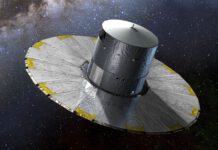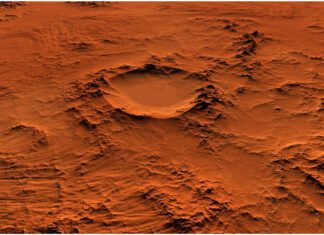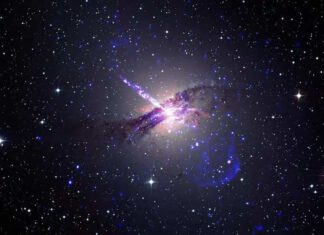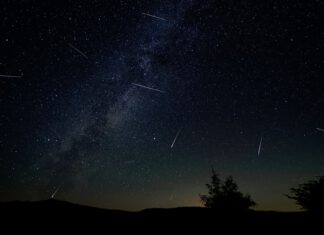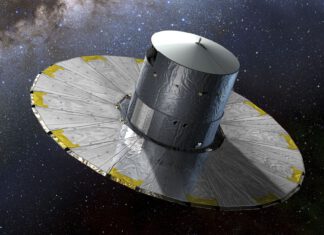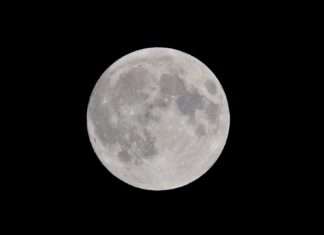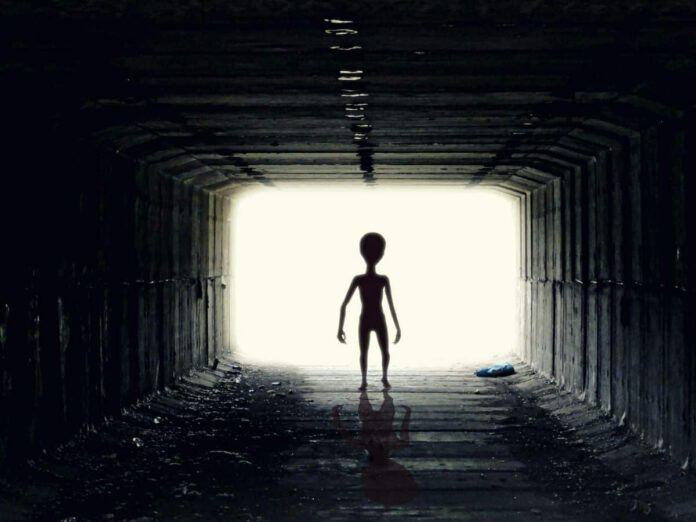
Are We Alone in the Universe?
If we compile everything we think we know about the universe, it seems obvious that we are not alone and that countless other life forms are waiting to be discovered. And yet, we still haven’t found them. How is that possible?
For millennia, people have wondered if we are alone or if life exists elsewhere in the universe. For a long time, humanity could only guess the answer to that question. However, thanks to powerful telescopes and satellites, we have learned much more about the universe in recent decades, and all evidence points to the possibility of life elsewhere. Telescopes have shown that beyond our solar system, there are countless stars, many of which host one or even multiple planets. Research has also indicated that the ingredients for life as we know it—or at least their precursors—are abundantly available in space. In short, it seems far from unlikely that life exists elsewhere in the universe. Considering the age of the universe, this life could even be intelligent or technologically superior to us.
With that in mind, you might expect these super-intelligent, technologically superior aliens to reach out to us, either intentionally or accidentally. Yet, this has not happened so far.
A Paradox
Thus, we face a stark contrast between the high statistical likelihood of alien existence and the harsh reality that we have yet to find or encounter them. This contradiction is known as the Fermi Paradox.
Possible Explanations
There is no definitive solution to this paradox, but researchers have proposed several potential reasons why we have not yet discovered aliens. Here are a few explanations:
1. We Are in a Cosmic Zoo
The “cosmic zoo” hypothesis suggests that aliens do exist and have already found us. However, they find us so intriguing (or amusing) that they have decided not to reveal their existence. Instead, they observe us from a distance, making every effort to remain unnoticed. This hypothesis helps to explain why we cannot find other life forms in a universe that should logically harbor them.
2. We Live in a Cosmic Backwater
Another possibility is that the universe is indeed teeming with aliens who travel frequently, but we just happen to be in a cosmic backwater where no one visits.
3. Aliens Face an Ultimate Crisis
Another theory is that aliens may face their collapse due to their own expansionist tendencies before they can reach us or before we detect them. This scenario suggests that an alien civilization might develop too quickly for its own good, eventually hitting its own limits. This hypothesis is loosely based on what we observe in cities on Earth: as cities grow, resource consumption increases disproportionately, leading to crises known as ‘singularities.’ In such a scenario, without innovative measures, the entire system collapses. Alien civilizations might face similar problems, leading to either their collapse or a shift in focus towards homeostasis—maintaining their system without trying to expand.
4. Aliens Self-Destruct
Similar to the previous idea, this hypothesis proposes that intelligent aliens self-destruct before embarking on interstellar exploration. High intelligence needed for space travel might inherently carry self-destructive tendencies, like altering their climate drastically, developing mass-destructive weapons, or other technologies that ultimately backfire.
5. We Are Rare
Another intriguing solution is that we are quite rare. This theory doesn’t rule out the possibility of life elsewhere but suggests that most such forms die out before evolving into highly intelligent beings. Intelligent life forms take a long time to develop, and many things can go wrong in that period—climate changes, asteroid impacts, or star explosions. Thus, by the time these forms might evolve into something advanced, they may have already faced extinction, making the detection or encounter extremely unlikely.
6. It’s Our Fault
Perhaps we haven’t found aliens because we haven’t searched well enough. Our search for extraterrestrial life is still in its infancy; radio telescopes have only been scanning the vast universe for a few decades. We have discovered more than 5000 planets, which is just a small fraction of the billions possibly existing in our galaxy. Additionally, we may not be searching in the right way—listening for alien radio signals assumes that aliens use such signals, and our search for habitable planets is based on our own definition of habitability, which may not be universally applicable.
7. Aliens Don’t Want Contact
Humans have been searching for aliens in various ways, mainly passively by listening for signals. However, 50 years ago, researcher Frank Drake actively sent a radio message to Messier 13. Not everyone was enthusiastic about this; some, like famous scientist Stephen Hawking, thought it unwise and feared it might attract malevolent aliens. If alien civilizations share this sentiment, they might do everything possible to avoid detection, explaining why we haven’t found or encountered them yet.
These are just a few of the numerous hypotheses proposed to explain why we have yet to discover aliens. Whether they hold any truth is still unknown. Meanwhile, the search for extraterrestrial life continues unabated. As researcher Michael Wong, who suggested that aliens might face incessant crises preventing their visit or contact, notes, “The more we learn about the universe, the stronger our desire to determine our place within it becomes. Are we alone and unique? Are we the only form of life and consciousness? Or are we just one example of a common planetary phenomenon?” These are questions that have occupied humanity for millennia and will likely continue to do so for the foreseeable future.




